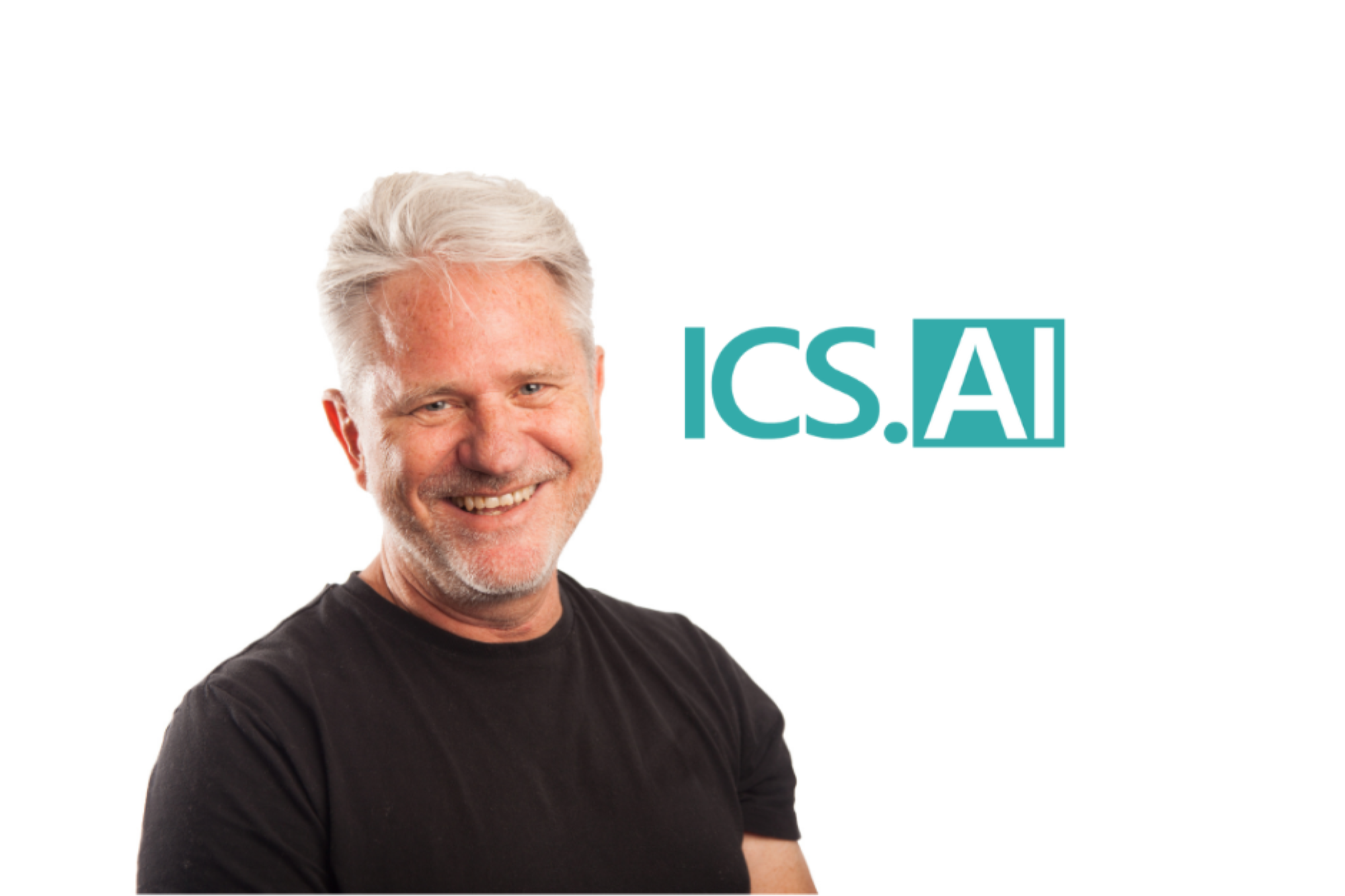The New Velocity How ICS.AI's Martin Neale is rewiring public sector innovation
Opinions expressed by Entrepreneur contributors are their own.
You're reading Entrepreneur United Kingdom, an international franchise of Entrepreneur Media.

In the UK's growing constellation of AI players, few are moving with the clarity and speed of Martin Neale, CEO and founder of Hampshire based technoliogy firm ICS.AI. While many in the sector are still finding their footing, ICS.AI is already sprinting ahead, transforming public services through council-wide AI programmes, intelligent automation, and bespoke solutions designed to fit the specific pressures of local government. "AI has become a baseline for business success," Neale says. "A year ago, reactions were mixed, but today, its acceptance has unlocked opportunities that were previously out of reach."
That shift -from curiosity to commitment - is fuelling one of the UK's fastest-growing private AI firms. ICS.AI isn't just adapting to the new era of AI enthusiasm; it's building infrastructure for it. And as adoption spreads through councils, healthcare providers, and institutions long thought resistant to change, the company's message is resonating: AI isn't the future - it's the now. But with scale comes scrutiny, and Neale's leadership is marked not just by technological boldness but operational precision. As the company's workload grew, so did the need to protect its most valuable asset: time.
"We cut a number of internal cadence meetings as we got busier," he says. "Turns out, they weren't necessary, and eliminating them freed up time for more productive work." The move reflects a broader ethos that runs through ICS.AI's strategy: keep things lean, purposeful, and future-facing. That same thinking extends to how Neale now views work culture itself. "I used to think everyone needed to be in the same physical space to succeed," he admits. "Now, I've seen that remote work, with occasional structured gatherings, works just as well, if not better."
For a company driving digital transformation in some of the UK's most complex public environments, that kind of flexibility is no longer a perk - it's a competitive advantage. The future of work is distributed, and so is the future of AI delivery. When asked what gives UK founders an edge in today's market, Neale doesn't reach for hype. His answer is sharper, more grounded in execution. "Velocity. In an AI-driven world, the ability to move fast and adapt is critical. UK founders have the tools and talent to make speed their greatest advantage."
That word - velocity - sits at the heart of his vision. Because while headlines often focus on generative breakthroughs or multi-billion-dollar valuations, Neale is more interested in what speed enables: faster deployment, quicker outcomes, and a shorter distance between an idea and its impact. Which leads to a bold prediction. "AI will shorten the path from start-up to exit and accelerate M&A activity," he says. "This will create more start-ups, more exits, and a boom in bolt-on aggregators reshaping industries."
It's a vision of the UK not as a follower in the global AI race, but as a uniquely positioned ecosystem - one where small, fast-moving teams partner with institutions, move quickly toward traction, and become part of something bigger. A cycle of growth powered not by scale alone, but by smart exits, reinvestment, and repeat founders.
In ICS.AI's story, we see the early outlines of that future. A company born from public sector need, now thriving in an AI-first world that's catching up to its original thesis. With fewer meetings, faster feedback loops, and a fully distributed model, Neale's team is proving that speed and impact are not mutually exclusive - especially when they're built into the company's DNA from day one.
There's no bravado in his delivery, no Silicon Valley gloss - just a founder moving with intent. And for Neale, that's the whole point.












